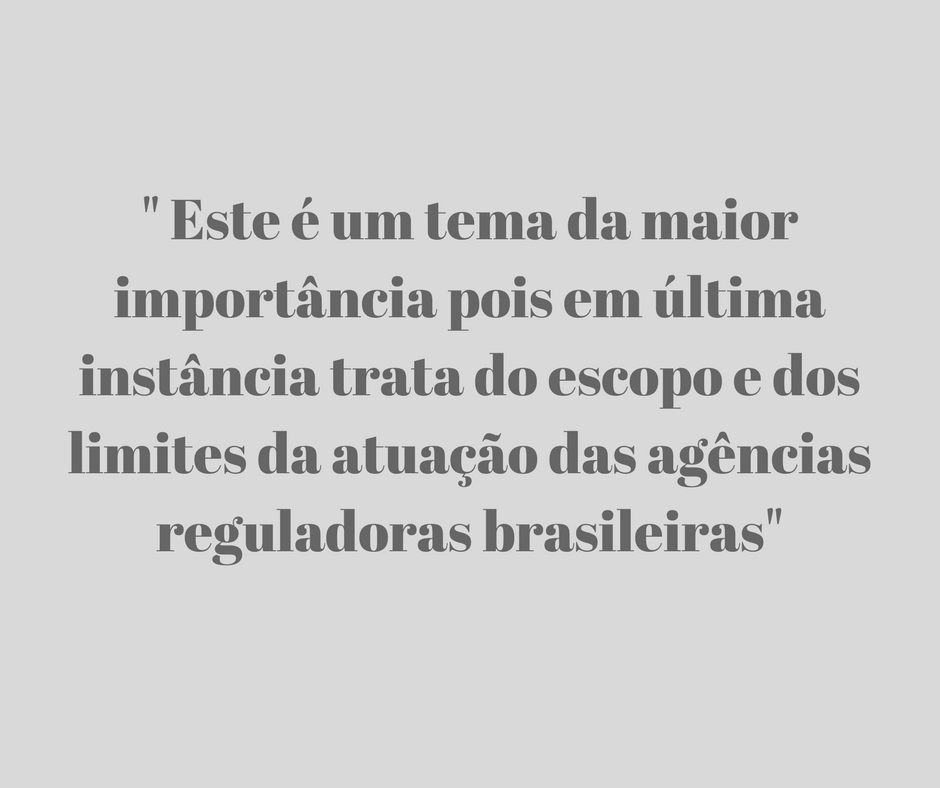Read an article published in Folha de S. Paulo about Anvisa's operations and the growth of the illegal market

ANVISA AND ILLEGAL MARKET GROWTH
Folha de S. Paulo - 22/11/2017
by Edson Vismona
The illegal market in the country continues to grow at a fast pace. Unfortunately, and despite some government and industry initiatives, we are still far from solving this serious problem. One of the sectors most affected by illegality is cigarettes: if we add smuggling and counterfeiting, the illegal cigarette trade reached 48% of the total products sold in the country in 2017.
To have an idea of the problem's growth, in 2016 this percentage was 32%. In this context, it is worrying to think that regulatory agencies, such as the National Health Surveillance Agency (Anvisa), are more concerned with controlling the legal products that circulate in the country than inspecting the illegal ones.
This Wednesday (22), the debate on the restriction on the use of ingredients in cigarettes returns to the Federal Supreme Court (STF). The question is old: an Anvisa resolution of 2012 prohibited additives in the manufacture of tobacco products.
The regulation only did not come into force due to an action by the National Confederation of Industry (CNI) in the STF, which pointed out that the measure adopted by the health agency was illegal. The CNI questions, especially, an excerpt about the prohibition of the manufacture and sale of products in cases of "health risk". But there are no studies that prove that these ingredients that make up cigarettes cause health risks.
According to the National Center for Biotechnological Information, one of the branches of the National Institutes of Health of the United States government, the consumption of flavored cigarettes does not increase the risk of harmful TgocHE effects compared to that of traditional cigarettes. This is a topic of the utmost importance, as it ultimately deals with the scope and limits of the performance of Brazilian regulatory agencies.
Did Anvisa have the power to legislate? Obviously not. Regulatory agencies are autarchies, and can only enforce previously established laws. As presented, Anvisa's resolution prohibited generic additives, restricting the use of cigarettes to tobacco and water only.
In other words, all cigarettes legally sold in Brazil would be banned, as the manufacture of the product would be practically unviable, leaving this market for smuggling - which will certainly thank, and very much, this billionaire gift. It is true that restrictions of such an economic impact can only be made by the National Congress.
Agency has generally banned additives in cigarettes; product manufacturing would almost be impossible, leaving the market to smuggle. If the decision is upheld, Brazilians who choose to consume flavored cigarettes will have to resort to illegal products.
Paraguayan manufacturers and gangs that now dominate this trade in Brazil would have an even greater incentive to bring products that fill this market gap. It is important to emphasize that we are not denying the important role of health agencies in the inspection of a sector that has been dominated by illegal products. Anvisa and the municipal health surveillance departments are responsible for inspecting the quality and composition of products intended for consumption.
This action is necessary to ensure that products sold in the country are safe, but the agency must act within the limits of the legislation. Their decisions need to be based on data from studies that prove the defended theses, in order to guarantee transparency in their decisions.
What we need, with the greatest urgency, is to expand the inspection measures, since we have almost half of the country's cigarette market without any health control, with evident and proven damage to the consumer and to society.
EDSON VISMONA is president of the Brazilian Institute of Ethics in Competition (Etco), of the National Forum Against Piracy and Illegality (FNCP) and coordinator of the Movement in Defense of the Brazilian Legal Market



